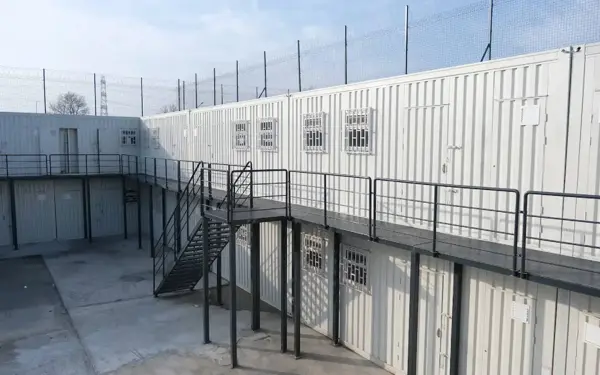Click to read the article in Turkish
Prof. Dr. Yaman Akdeniz has commented on a recent verdict by the Court of Cassation, which has ruled that not only the person who shared insulting social media messages, but also the owner of the line that the computer connected to Internet shall be held responsible.
Filing a lawsuit into the swearwords and insults posted on Facebook about himself/herself, the complainant demanded that the owners of the IP address be penalized as well. The 2nd Civil Court of First Instance rejected the complainant's request for damages on the ground that the defendants did not know each other and there was no social or physical relation between the defendants that would necessitate them to do the act which was the subject matter of the suit for non-pecuniary damages.
Examining the case upon the objection of the complainant, the 4th Civil Chamber of the Court of Cassation has ruled that not only the one who wrote the message, but also the one who owned the line shall be held accountable.
Akdeniz: More evidence is needed
Speaking to bianet about the Court of Cassation verdict, Prof. Dr. Yaman Akdeniz from the Freedom of Expression Association (İFÖD) has underlined that IP addresses cannot be regarded as the single evidence in such cases.
Indicating that messages shared through common access points such as WiSPotter can cause problem in cases like this, Akdeniz has said:
"If the only evidence is the IP address and the defendant claims that he or she did not share the messages in question, it is open to debate how accurate it would be to determine it solely based on IP. Because the person might have shared this message, say, in a university or a cafe. In that case, will the owner of the cafe be found guilty? The person who posted the message should be identified first.
"If such a message is shared in a crowded house, in a student house or by guests, will the one who pays the bill be found guilty? Because IP address is not anything like a T.R. identity number. It changes. To me, more evidence is needed to bring charges. More evidence is needed especially in such criminal procedures." (HA/SD)










